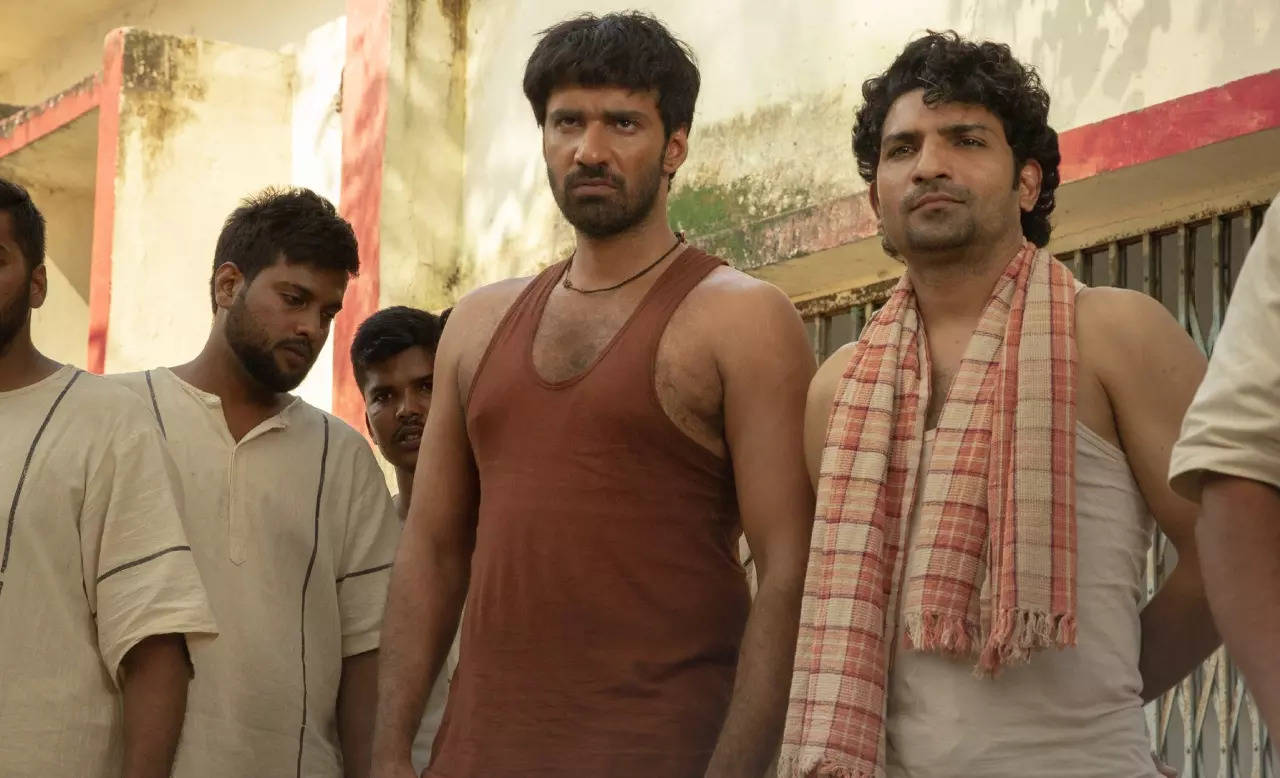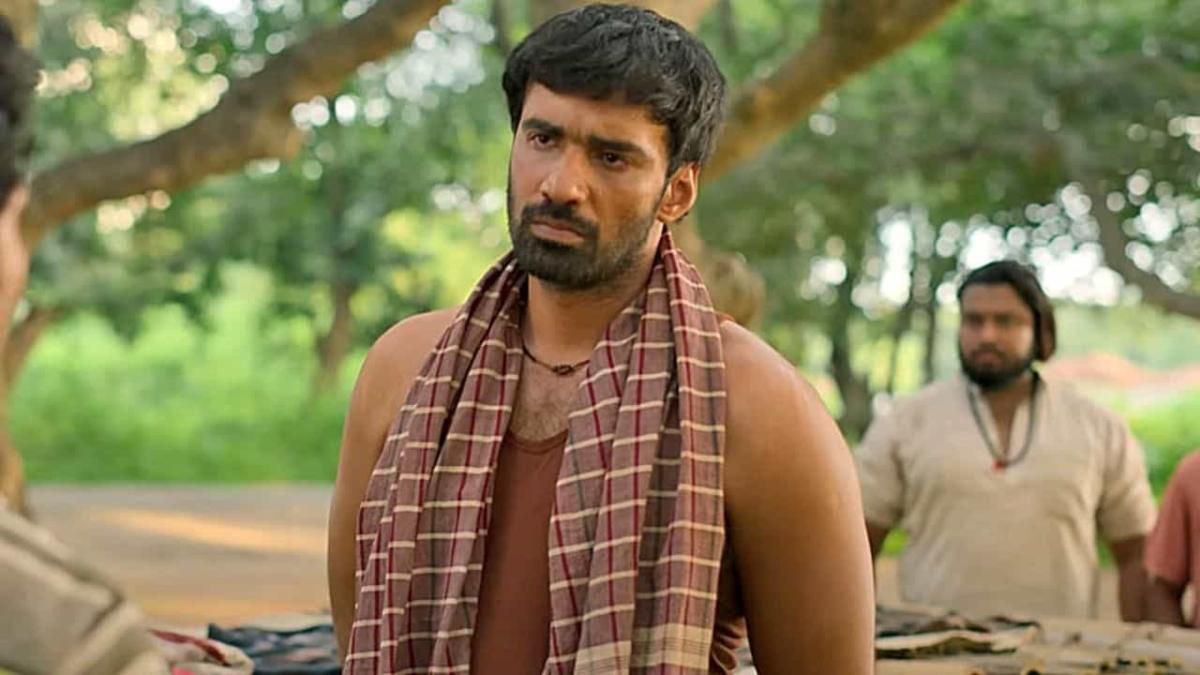The much-awaited Khakee: The Bihar Chapter was released on Netflix on November 25 and since then Chandan Mahto, who is the main antagonist in the series, has become the talk of the town. The seven episodes of The Bihar Chapter tells the story of how IPS officer Amit Lodha chases and catches one of the most dreaded criminals of early 2000s of Bihar. The role of Chandan Mahto has been essayed phenomenally by actor Avinash Tiwary.

Source- Digital Media Talkies
IPS Amit Lodha in his previous interview with a news portal had revealed that he changed the names of the criminal and his accomplices in the nonfiction book, published by Penguin India.”Frankly speaking, he is very dangerous and he has made two attempts on my family. So I thought if not for myself, then for my family’s security I must avoid the name in the book. I have taken a risk with this book. One of his accomplices is also out on bail currently,” he said.
Chandan Mahto’s character is based on the real-life gangster Pintu Mahto who was a dreaded gangster of the notorious Ashok Mahto gang. The criminal gang, which was active in Bihar, was led by Ashok Mahto and included Pintu Mahto. Pinto was involved in multiple killings, including the brutal murder of former veteran Congress MP Rajo Singh.

Source- Zoom TV
Pintu was wanted in as many as 30 cases of murder and abduction, including the Nawada jailbreak in 2002 when he and his accomplices had escaped after killing two policemen. Mahto gang, especially Pintu, enjoyed considerable support from the backward communities and his public humiliation prompted questions such as, “Can the police humiliate an upper-caste gangster in a similar manner?”
His gang in Bihar was the most notorious, and its rivalry with the Akhilesh Singh gang from 1998-2006 claimed the lives of around 200 people in the Nawada district of Bihar. Pintu was a sharp-shooter of this gang. Their gang war with Akhilesh Singh affected nearly 100 villages in the Nawada, Nalanda and Sheikhpura districts of Bihar. The clash between the two groups stemmed mainly from the inter-caste rivalry between the Bhumihars and Kurmis.



















































































